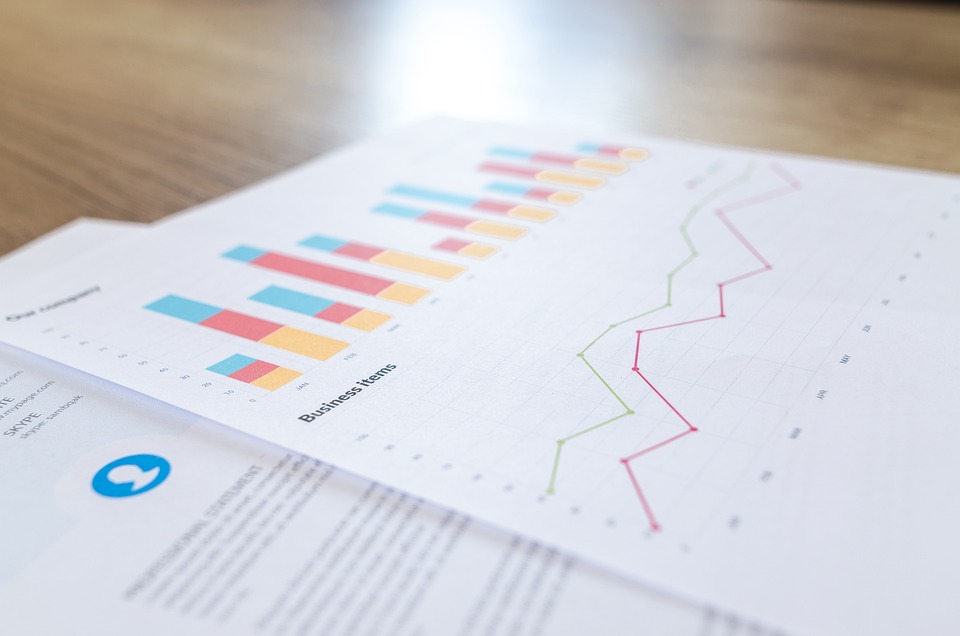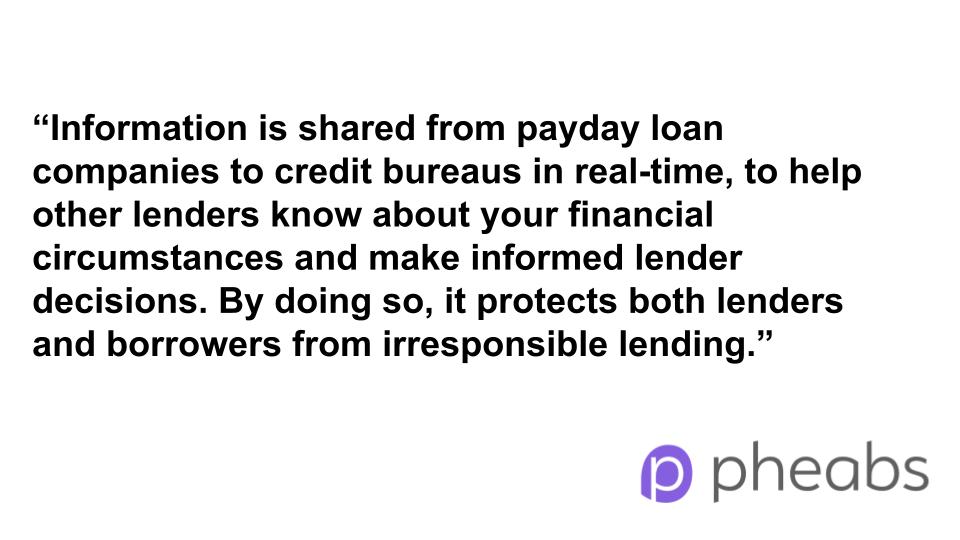Yes, payday loans companies do report any information to credit bureaus including whether your loan has been paid on time, if you were late repaying or did not pay at all and your loan is in arrears.
The 3 main credit reference agencies or bureaus in the US are Equifax, Experian and TransUnion and they receive and relay any information from payday lenders in real-time and this allows future lenders and creditors for all kinds of financial products to share and have access to information and make informed lending decisions.
Does a customer have 3 loans recently paid off? They might be good to fund. Do they have 2 loans in arrears? Stay away.
This guide explains how and why payday loan companies report back to credit bureaus.
Key Points
- Yes, payday loan providers in the USA will report any information on your application or loan to credit reference bureaus
- Any information helps other future companies know if you are a good or potentially bad person to lend to or borrow money from
- Payday lenders pay a small fee to access information from bureaus as part of their credit checks – and they send back the information so it is ‘reciprocal’
How Do Credit Bureaus Work?
Credit Bureaus essentially house all the credit information about an individual or a customer when they turn 18.
Any credit transactions are recorded on their credit report or formed into a credit score and lenders can access this every time they carry out a ‘credit check’ on a customer, which costs the lender around $3 for every check and is part of the underwriting decision process.
So a typical payday lender in California, Texas or wherever will assess a customer’s application, use a credit bureau to run a check and then decide whether to lend to them or not (amongst other checks).
Why Do Payday Lenders Report Information To Credit Bureaus?
Whilst payday loan companies receive information from credit bureaus, they also send information back, hence it is ‘reciprocal.’
The information they share includes:
- Whether an application was made and there was a soft or hard credit search
- Whether a loan repayment or installment was paid on time
- Whether a loan was not repaid and is now in arrears
- Whether an arrangement to pay or debt collection plan has been arranged
The main reason that bureaus hold this information is to help make better informed lending decisions for all of those involved. For a lender, they can access any information in real-time and see if a customer has repaid their recent debts or time and if they are in arrears, the lender knows to avoid offering any further finance or credit.
For the borrower who is struggling to keep up with existing payments, they may be declined a loan initially, but this may be a good thing since they will not be given too many loans or additional finance that they cannot afford to repay.
What Other Information Do Credit Bureaus Hold?
- Your full name
- Your address
- Any paid or open financial transactions (including credit cards, loans, mortgages, cell phone and utility bills)
- Any joint accounts or people you are financially linked wit
- Your credit score
- Any recent loan enquiries
- Any bankruptcies, arrears or court orders
How Long is Information Held By a Credit Bureau?
Most information is held by credit bureaus permanently, but there are some things that get removed after a few months or years. Any inquiries for a loan, like a basic application, typically get removed after a few weeks or months. For things like court orders and bankruptcy, these may stay on file for as long as 6 years.
A positive about your credit score and credit reporting is that your financial status can change. If you fall behind on your loan repayments, your credit score will fall, but if you regularly make payments on time, consistently, over a long period, your credit score will improve and can get very strong as a result.
In fact, some people often ask if repaying your payday loan on time can boost your credit score. And whilst this is possible and your score can improve, taking out high cost credit is not a long term solution or advised as a way to boost your credit rating.
If you want to improve your credit score, you should try get into the habit of paying off all your debts on time, only borrowing what you can afford, closing down any cards or loans that you do not need and try to dissociate from any bank accounts or joint accounts with someone who has bad credit.





